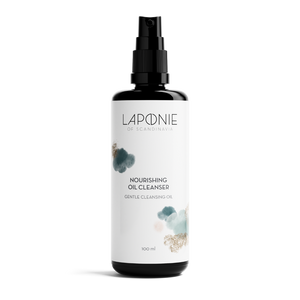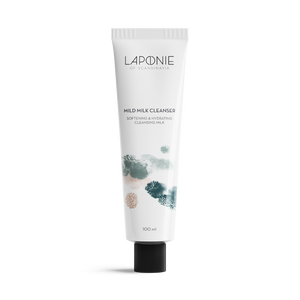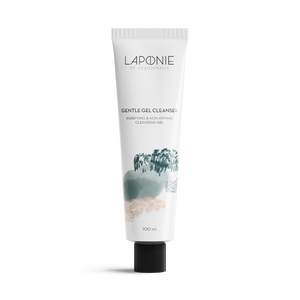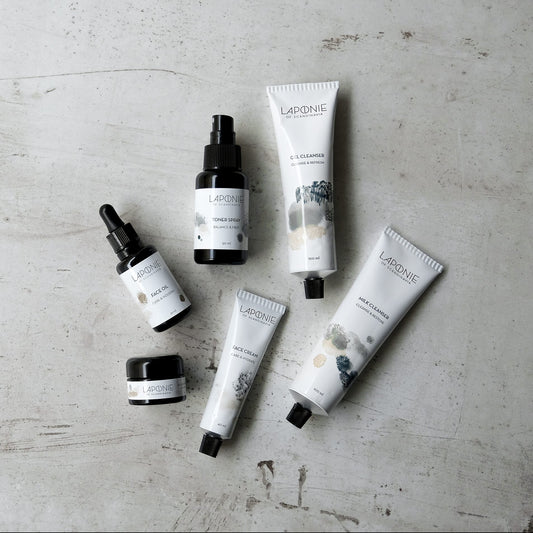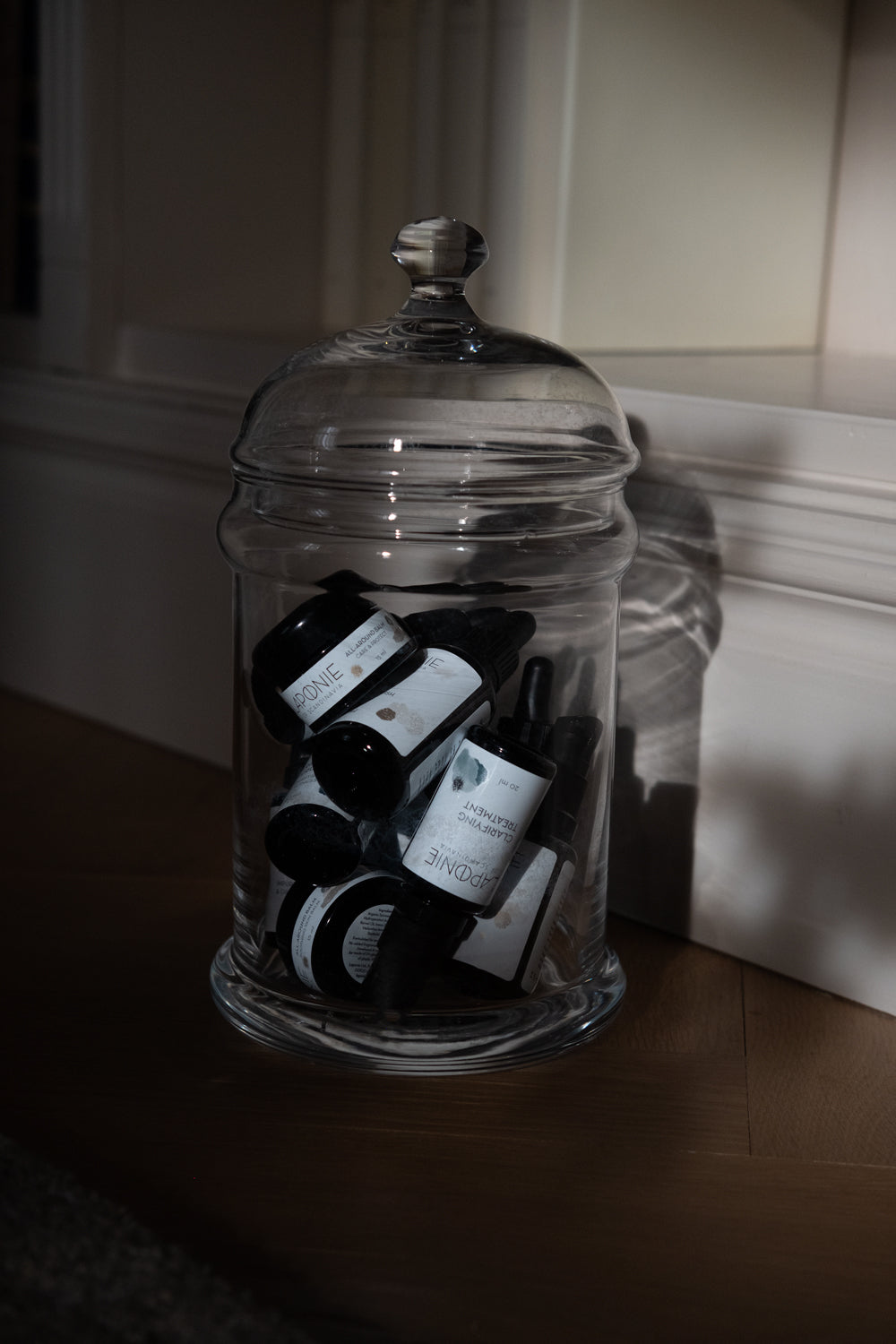Generally, thickeners can be divided into water-based and oil-based ones. Water-based thickeners include natural gums, e.g. xanthan, cellulose and its derivatives, e.g. hydroxyethyl cellulose, fruit and grain fibers, different water-attracting clays like hectorites and bentonites, synthetic polymers such as carbomers, and sodium chloride. Non-water-based thickeners are e.g. natural and synthetic waxes, long-chain (fatty) alcohols like cetyl alcohol, fumed silica, polymers, polyethylene etc.
The choice of thickeners depends on a myriad of factors: product use, application surface, compatibility with other ingredients in the product, pH. clarity, temperature during processing, shear (i.e. mixing speed during processing) to name a few. From a sensitivity perspective some thickeners may also be harsher on skin in especially leave-on products and at higher percentages, and from a sustainability perspective some, like carbomer, which is classified as a microplastic, may be undesirable.
As always dose is key, and how the finished product works will ultimately decide which thickener is best. Often more than one thickener needs to be used. We often work with a variety of natural gums, gentler fatty alcohols like cetyl alcohol and cellulose derivatives. In our Mild Milk Cleanser we use xanthan gum and cetyl alcohol, in our Gentle Gel Cleanser we use a cellulose derivative, in our Light Face Cream xanthan and sclerotium gum, and in our Calming Serum and Purifying Serum xanthan gum which has been coated with acacia senegal gum.
